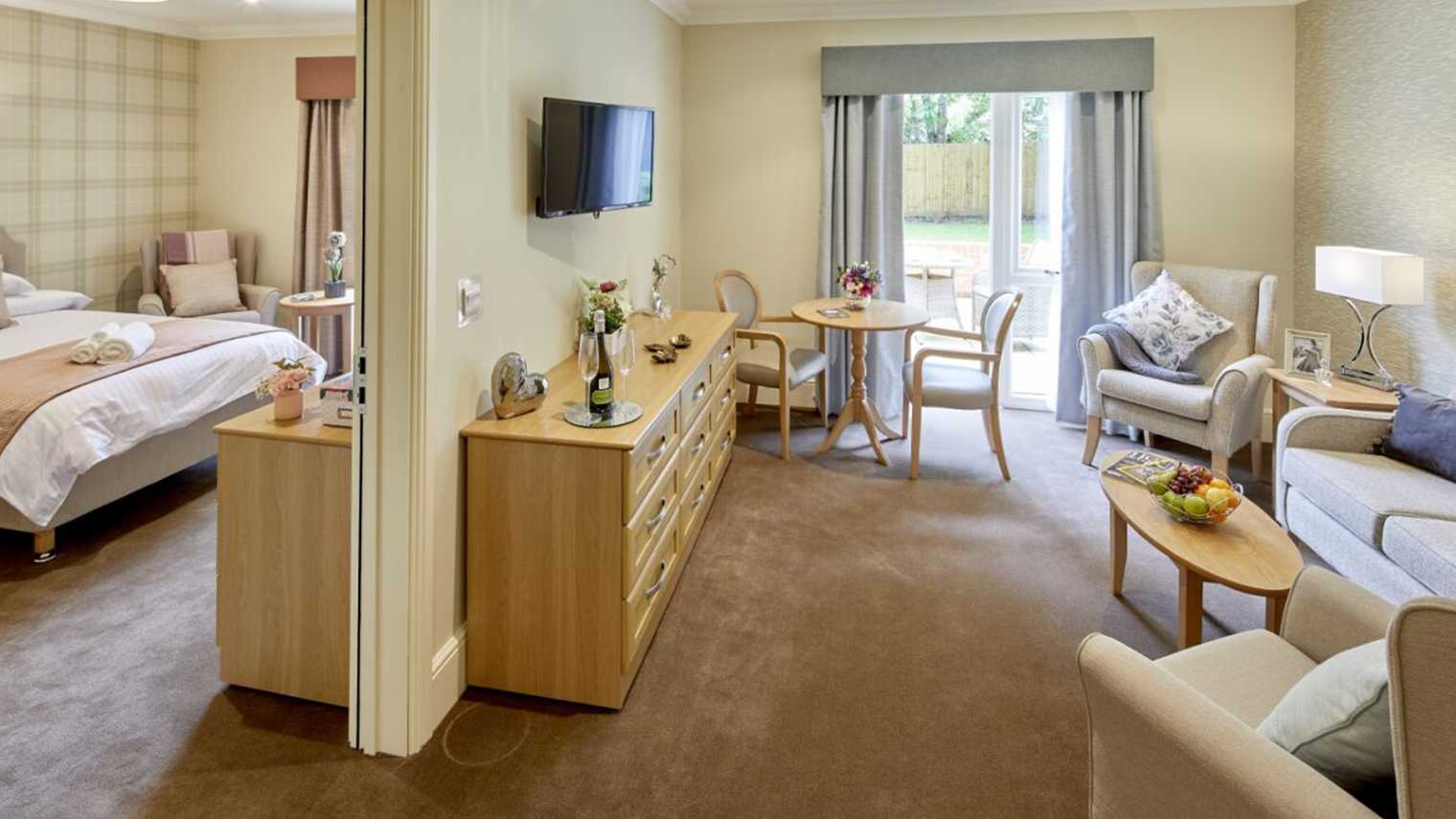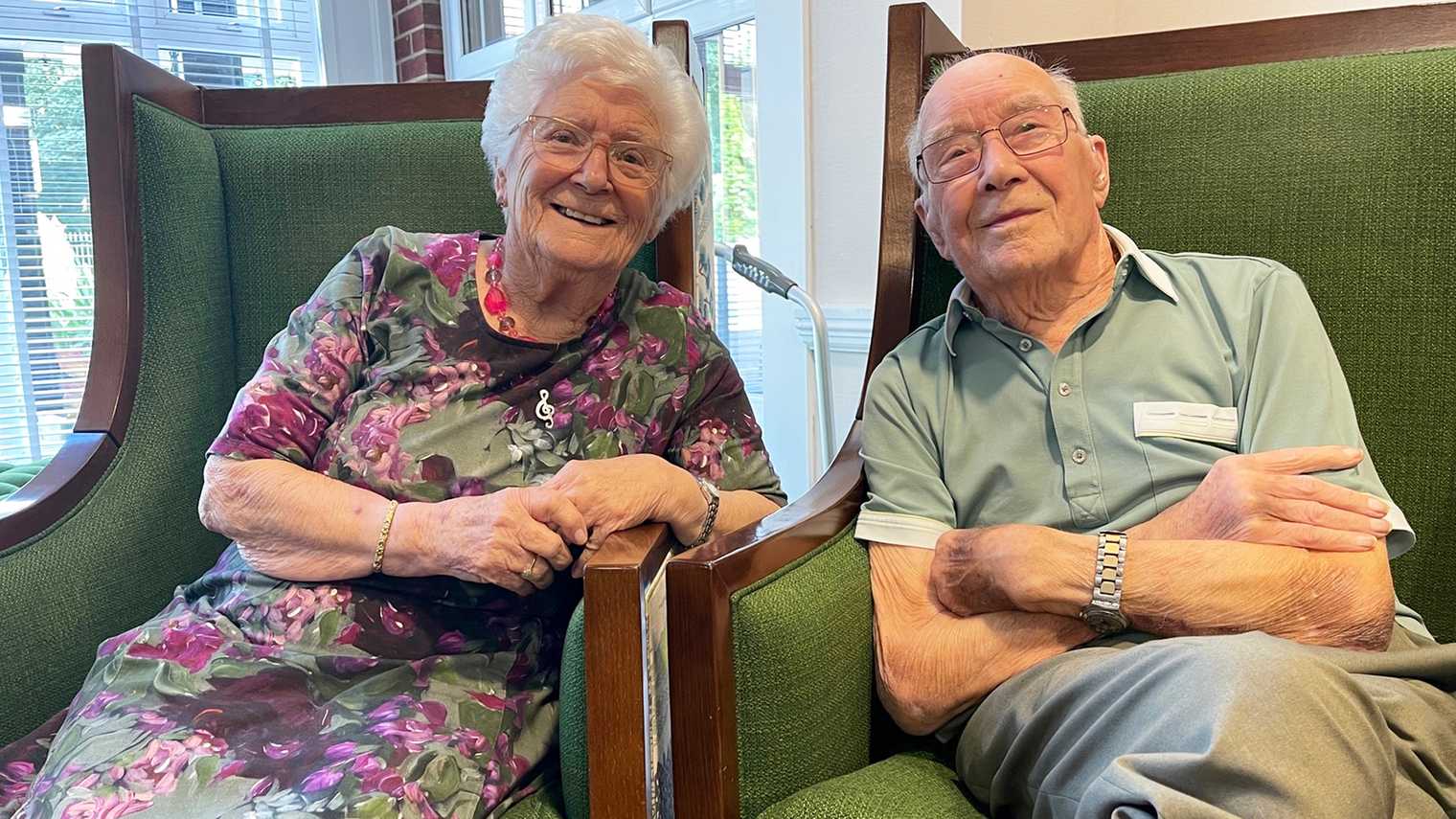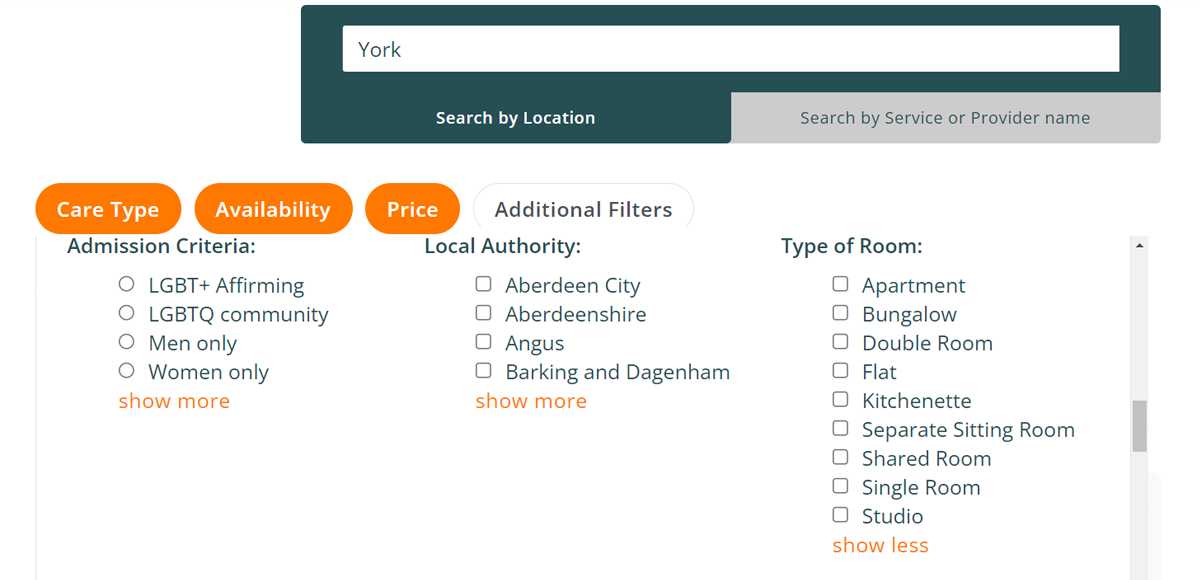Posted by Jason Hansen
The Benefits of Moving to a Care Home Together
As we age, it's natural to worry about the well-being of our partner. If one partner needs to move to a care home, it can be especially difficult. But what if there was a way to stay together, even in your later years?
Moving to a care home together can offer a number of benefits for couples. First, it can give you peace of mind knowing that your partner is being well-cared for. You can both get to know the staff and the environment, and you'll be confident that your partner is in good hands.
Second, moving to a care home together can help you to maintain your relationship. You can still enjoy each other's company, participate in activities and dine together. This can be especially important for couples who have been together for many years.
Finally, moving to a care home together can help you to plan for the future. In the event of one partner experiencing a change in circumstances, the other will already be in a familiar and supportive environment. This can make the transition easier for everyone involved.
Who can go into care as a couple?
You don't have to be married to move into a care home with your partner. Whether you're in a long-term relationship, siblings, or simply close friends, moving into a care home together can be a great way to maintain your relationship and support each other, and still enjoy your own privacy.
Care providers understand that everyone's circumstances are different, and they offer a variety of shared care solutions to meet the needs of couples. Some care homes offer two-bedroom apartments or suites, while others have shared living spaces and dining rooms. You can also find care homes that offer specialised care for couples with different needs, such as dementia care or nursing care.

What are the benefits of being in care together?
Care homes can offer a variety of benefits to suit a couple’s specific circumstances, such as:
Personalised care packages: Tailored care packages to meet the individual needs of each partner. This means that couples can stay together even if they have different care needs.
Spacious bedrooms and specialised features: From spacious bedrooms and specialised features that can enhance the quality of life for older couples. For example, some care homes can offer shared bedrooms with private bathrooms, while others have separate bedrooms but with shared living spaces.
Support with everyday tasks: Couples in care can get support with everyday tasks such as personal care, mobility, medication administration, meals, and housekeeping. This can free up couples to focus on enjoying their time together and pursuing their interests.
Companionship: The right care home can provide companionship for older couples. This can be important for couples who are isolated or who have difficulty socialising.
Peace of Mind - Iris and Peter's Care Journey
Iris and Peter's care journey began at Southampton Manor Care Home in Bassett, where they received respite care following a stay in hospital. With Peter needing additional care, they decided to move into Southampton Manor permanently. Their decision to move together has been pivotal in ensuring their well-being and happiness. They spend plenty of time together in the home, enjoying dining and activities together and making precious memories. And their family takes comfort in knowing that their needs are being taken care of.

Types of shared care available for couples
Moving into a care home can be a daunting decision, but it can also be a positive experience for couples who want to stay together in their later years. There are a variety of care packages available to meet the needs of couples, even if their care needs are different.
Here is an overview of the different types of care available for couples:
Residential care
Residential care is for people who need assistance with activities of daily living (ADLs), such as bathing, dressing, and eating. Residential care homes can also provide assistance with medication management and other medical care.
Nursing care
Nursing care is for people who need 24-hour nursing care. Nursing care homes provide a high level of medical care and support for people with complex medical needs.
Dementia care
Dementia care is designed to meet the needs of people with dementia, such as Alzheimer's disease. Dementia care homes provide a safe and supportive environment with staff who are trained to care for people with dementia.
Respite care
Respite care is temporary and can be used to give caregivers a break. Respite care homes can also be used to provide short-term care for people who are recovering from an illness or injury.
How do you choose the right care home for couples?
Moving into a care home together can be rewarding for couples who want to stay together in their later years. By choosing the right care home and by working with the staff, couples can enjoy their golden years together with expert care services available round the clock. Researching the available care options will help ensure your chosen care home meets your current and future needs:
- Make a list of your needs and requirements. This will help you to narrow down your choices and find a care home that is a good fit for you and your partner.
- Find out what types of care the care home offers. Does the care home offer the type of care that you and your partner need?
- Ask about the care home's experience with caring for couples. Some care homes have more experience with caring for couples than others.
- Visit the care home in person and meet with the staff. This will give you a chance to see the care home for yourself and to get a feel for the atmosphere.
- Talk to other couples who live in the care home. This can give you valuable insights into the care home and the quality of care that is provided.
How do I find care for couples?
The Autumna directory of elder care providers allows you to search for care homes across the UK and filter them for ‘Care Type’ and ‘Type of Room’, amongst others. This provides multiple options including for example ‘Double Room’ and ‘Shared Room’.

If you’d rather speak to a friendly human being first to help start your search or answer any questions you may have then call our Advice Line on 01892 335 330. It’s open every day (8:30am - 5:30pm Mon-Fri, 10am - 5pm Sat, 10am - 4pm Sun).
Receive a Free Care Home Shortlist!
Let our expert team of advisers get your search off to a great start.
Tell us a little about your needs and we'll send you a bespoke shortlist of care homes! Click the button below to begin, it takes just a few minutes.
Other articles to read
Autumna blog

Older Persons Care Advice
Importance of person centred values in care
July 4th, 2025
Looking for care that truly puts you first? Discover why person centred values in care matter and how to find services that treat you like a person, not a task.

Older Persons Care Advice
How the assisted dying vote affects end of life care
July 3rd, 2025
What does the assisted dying vote mean for care, choice and dignity at the end of life? Discover what’s changing, and how it could affect your future.

Older Persons Care Advice
Winter Fuel Payment Eligibility review: What’s changed in 2025?
July 2nd, 2025
Confused by the 2025 Winter Fuel Payment eligibility review? Discover who still qualifies, what’s new, and how to make sure you’re not left out in the cold.
Frequently Asked Questions
Whether you're in a long-term relationship, siblings, or simply close friends, moving into a care home together can be a great way to maintain your relationship and support each other, and still enjoy your own privacy.
Tailored care packages to meet the individual needs of each partner. This means that couples can stay together even if they have different care needs.
The right care home can provide companionship for older couples. This can be important for couples who are isolated or who have difficulty socialising.
Researching the available care options will help ensure your chosen care home meets your current and future needs.






